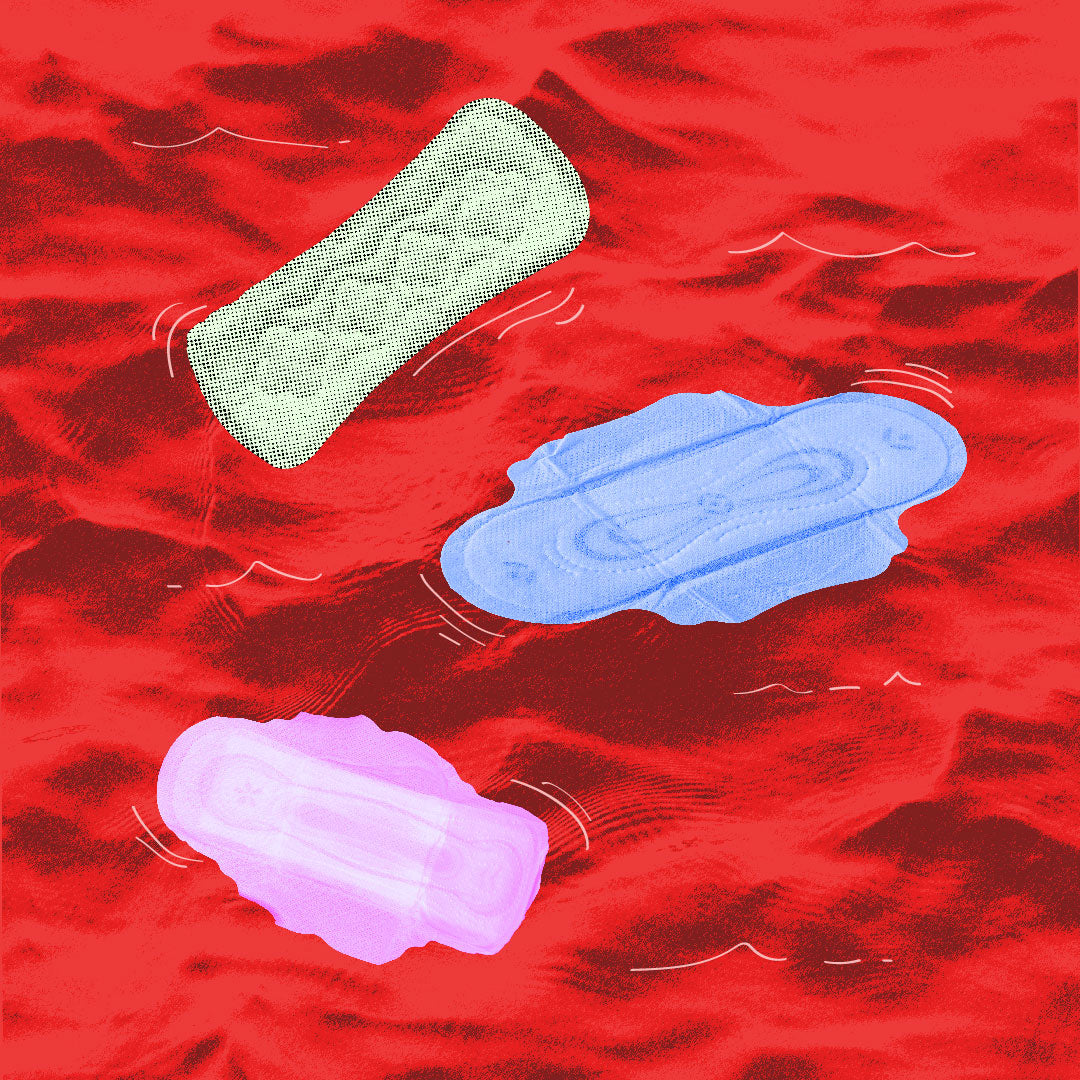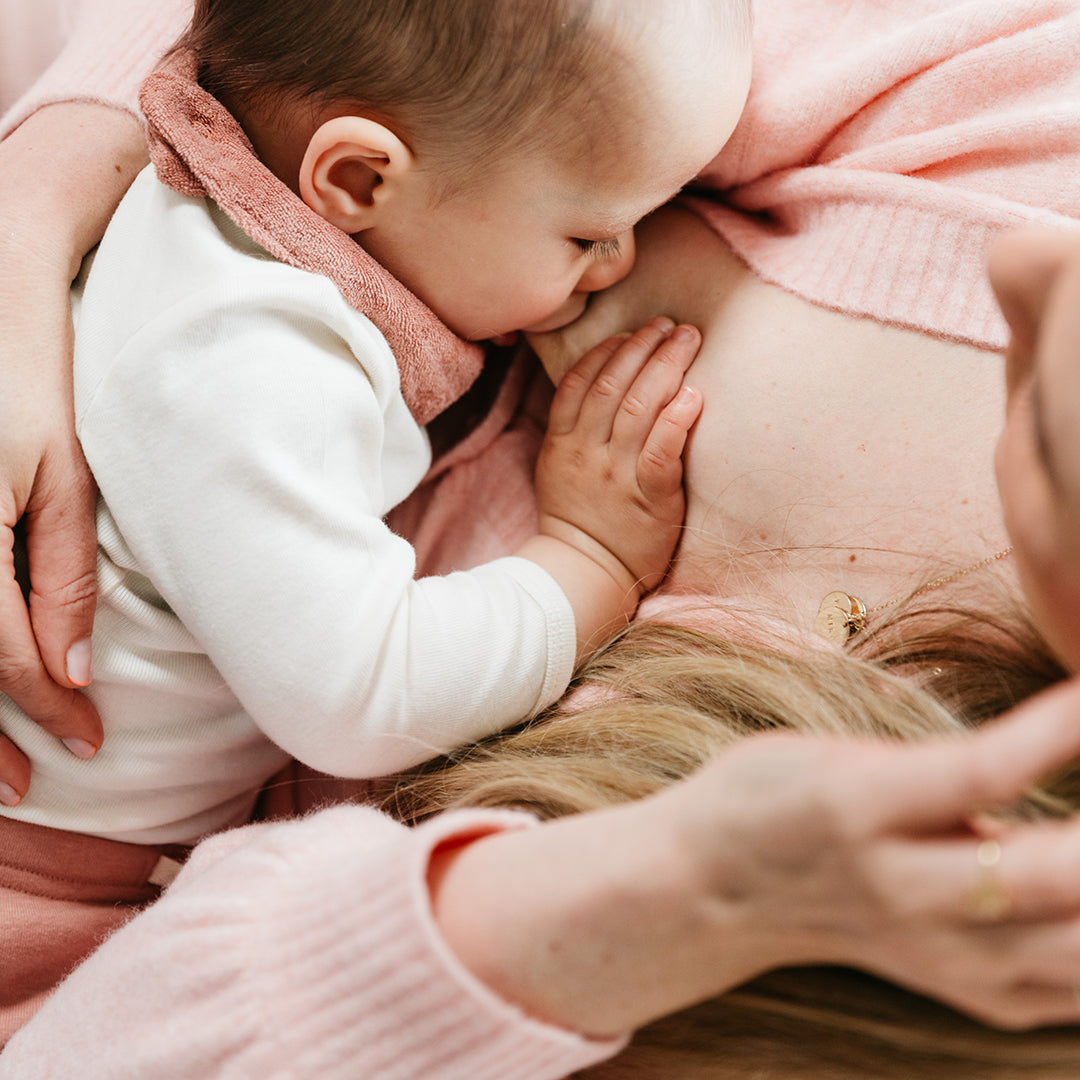For some, it might arrive as early as six weeks postpartum. Not fair! You’ve probably only just wrapped up using the postpartum pads. It’s good to be prepared, both literally with a tonne of period gear (and chocolate) stashed away, as well as mentally. We asked Dr Mikayla Couch to explain what’s happening with our bodies, big red flags plus that myth around fertility.
When will your period return after giving birth?
“Generally speaking, 6-8 weeks postpartum. However, this varies if you are solely breastfeeding and is different depending on the person. I tell my patients that you cannot predict when your period will return.”
Why is the first period often so intense?
“This is the first shedding of the lining after having a baby in the uterus. This will be a particularly different physical experience as the uterus had previously been expanded — to the size of a watermelon — and now is returned to its natural state postpartum which is roughly the size of a lemon. I think being aware that this is a particularly hard time means that you can be prepared for it. If you are someone who wants to avoid having a super-heavy period, trialling a progesterone-only pill may be a good option for you. This doesn’t affect breastfeeding and provides contraception. Speaking to your doctor about your options can be extremely helpful. Having persistently painful and heavy periods are something we can investigate and then treat as required.”
Are there any red flags to watch out for?
“The big ones to watch out for are clots and persistently heavy and painful periods. Filling more than one pad in an hour or having funny, smelling periods or vaginal discharge is something to get looked at straight away. Any fevers or severe pains are something to get addressed very quickly in an emergency department. This is also the case if you have a heavy flow, meaning greater than one pad (a regular normal pad, not a liner pad) per hour.
Other things to monitor are pain when urinating, urinary incontinence or faecal incontinence or any flatus incontinence. This should be discussed with your doctor. If I had particularly difficult periods prior to conception and birth I would speak to my doctor at the 4-6 week mark and discuss any particular symptoms you are worried about and see what the options for management of these would be.”
Can someone fall pregnant if their period hasn’t returned?
“Yes definitely, I would see at least one patient per week that this happens to. This is because you ovulate before you get your period. As a doctor, I have seen time and time again people conceiving after giving birth and unexpectedly having two children under two years of age. It is so common. I always speak to my patients about their plan for their fertility and conception because I know that having an unexpected pregnancy is life changing. I also tell my patients that they cannot rely solely on breastfeeding for contraception either.”


























